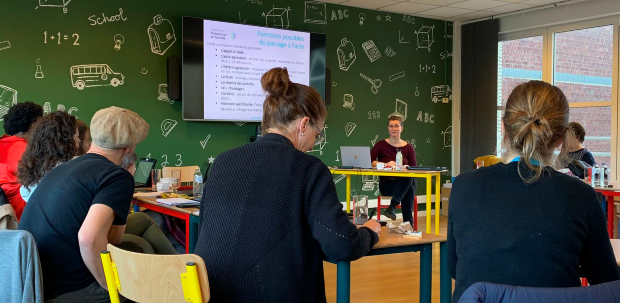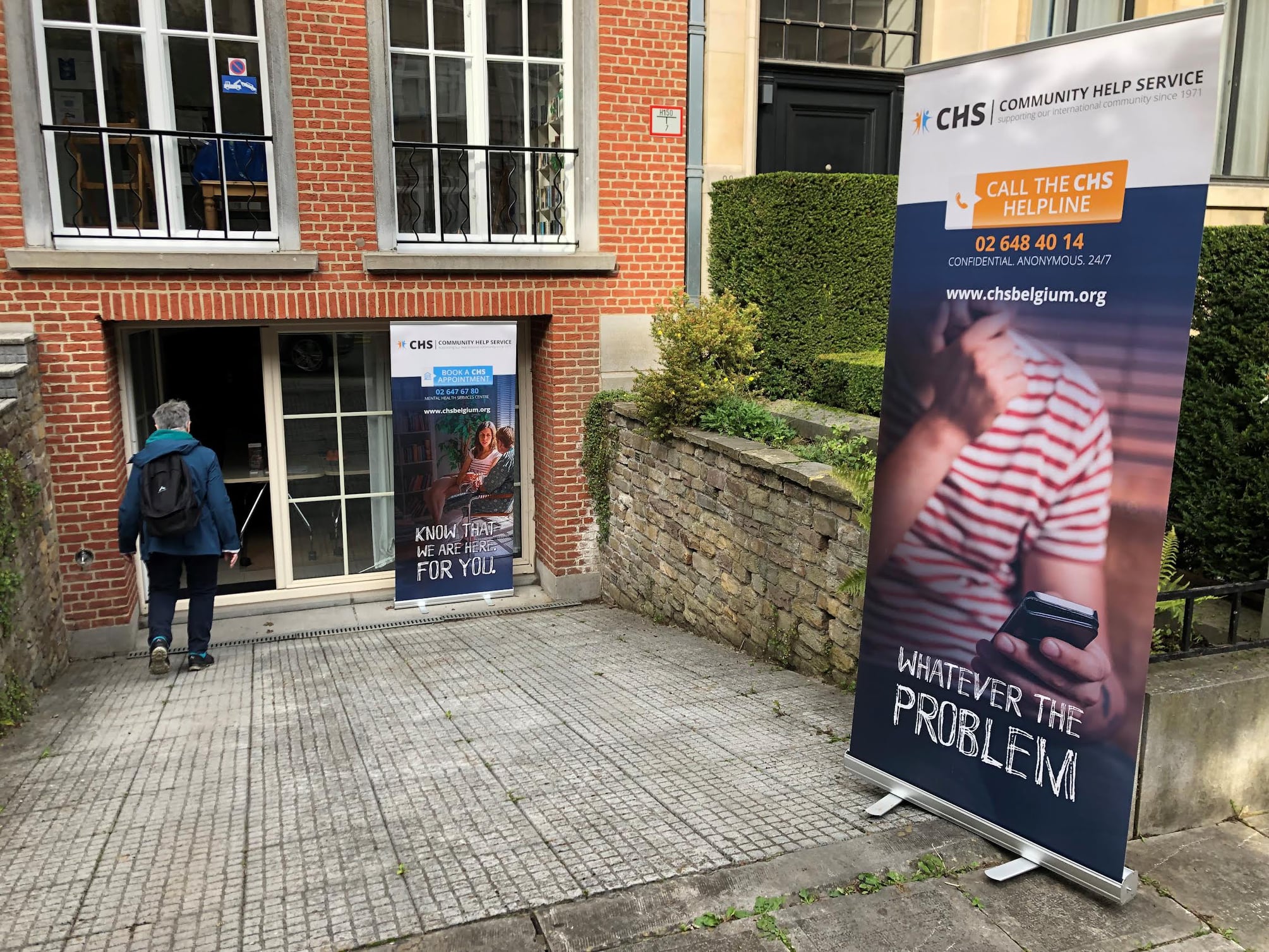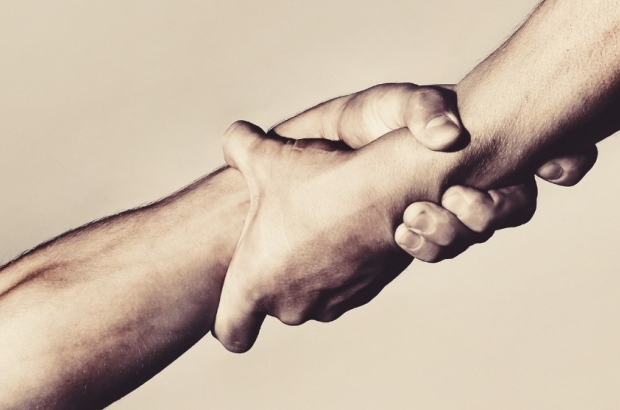- Daily & Weekly newsletters
- Buy & download The Bulletin
- Comment on our articles
Mental health: Youngsters in Belgium increasingly calling suicide helplines
“With our children we had spoken about road accidents, alcohol, drugs, sexual violence and terrorist attacks. But we had never spoken about suicide, which is the second cause of death in 18-25 year-olds, just behind transport accidents.”
That’s the message posted on Belgium’s French-speaking Suicide Prevention Centre (SPC) website by a grieving mother, whose 20-year-old daughter Lou took her own life in July 2021.
She aims to raise awareness of a taboo subject and tragedy that many still do not want to speak about, although suicide can be prevented by reaching out, talking and getting help as soon as possible.
Since Covid-19, cases continue to increase and services in psychiatric hospitals are overrun, according to the SPC and Suicide Prevention Centre in Flanders (CPZ).
Suicide leading cause of death among Belgian youth
Official statistics state that every year, one million people commit suicide, with each death affecting at least six people. The suicide rate is particularly high in Belgium, compared to other EU-14 countries, says Belgium’s health institute Sciensano, although it warns that comparative studies should always be treated with caution.
Its latest status report finds that suicide is the leading cause of death among young people in the country. More than one in four deaths are due to suicide in the 15-24 age group. In February 2023, one in six 18-29 year olds reported having seriously considered suicide in the past year.
The CPZ took 23,073 suicide calls in 2022 to its free 1813 helpline. While its francophone counterpart SPC received about 12,000 suicide calls in 2019, the number rose to more than 19,000 in 2020, with 23,000 recorded in 2022. “In four years, the amount of calls doubled,” the centre announced.
“In 2023, we are again faced with a peak in demand. The telephone does not stop ringing,” said one SPC volunteer. For the centre’s executive director Dominique Nothomb, “what is worrying us enormously today is the mental health of young people.”
The sentence that helpline volunteers (pictured below) and psychologists often hear is: “I don’t want to be a burden,” says the centre’s head of communication Déborah Deseck.

Talking to family and friends
To combat this, “we recommend families and friends to be open to discuss things related to mental health with no judgement towards the person who is suffering,” she adds.
For Deseck, the Covid crisis made young people less likely to talk about their problems, “because they did not want to cause more pain to their loved ones.” However, “asking for help is a good thing. Talking to someone they trust is really important,” she emphasised. “We’ll remind anyone who is having suicidal thoughts that it is important to reach out to someone.”
While helplines are the first port of call for young people in distress, there are many other services available, points out Deseck.
“Young people who speak French can call our anonymous crisis line for free (0800 32 123). They can also call our central line to ask for an appointment to get psychological counselling. Online, they can visit the www.preventionsuicide.be website. They can also register to our forum, which can be useful for people who prefer writing rather than talking on the phone.”
The centre, with expertise built up over more than 50 years, is aiming to put in action a suicide prevention plan in Brussels, in collaboration with other actors from the psychological, medical and social services, Deseck says. “Every initiative is positive. We thank the Brussels health minister [Alain Maron] and his cabinet for their help.”
Finance remains an issue, though. “Nevertheless, we are having to develop with resources that are not always proportional to our needs. We always need more resources for the mission given to us.”

CHS helpline reports increase in suicide calls
It’s a similar story for the Community Health Service (CHS), which serves foreign residents in Brussels (pictured above). The organisation is desperately in need of more volunteers, following an “unprecedented increase in suicide calls in 2021”.
One helpline volunteer highlighted the enormous amount of suicide calls received each month, “from young people who feel very lonely, without a solution to their problems, people who sometimes do not have a good relationship with their family and feel unsupported.
“They are overwhelmed with life, can’t remember happy moments, there is no future they see themselves in. They want the pain they feel to go away, and suicide seems the best solution,” the volunteer told the Bulletin.
Although the CHS 24/7 helpline service is in English, “we do get calls from Belgians who cannot get through to a live person on the French and Dutch speaking helplines”. It also receives calls from other countries that do not have helpline services.
The number and length of calls - sometimes over an hour - skyrocketed after the pandemic. It also increased following the CHS’s arrangement with Google whereby any internet search in Belgium using the word ‘suicide’ or suggesting ‘suicidal intent’ (eg, ‘I want to kill myself’) triggers a screen saying ‘Help is Available, call the CHS’.
Centre de Prevention du Suicide
Helpline (in French): 0800 32123
Centrum Ter Preventive Van Zelfdoding
Helpline (in Dutch): 1813
Community Help Service (CHS)
Helpline (in English): 02.648.40.14

















Comments
Is there NO politician who sees a connection between lockdowns (plus other restrictive conditions) and the staggering increase in suicides and thoughts of suicide?
In God's name dear politicians, wake up!